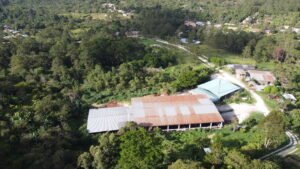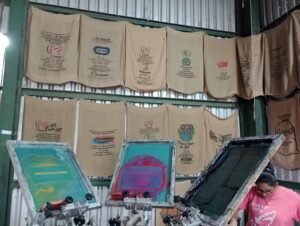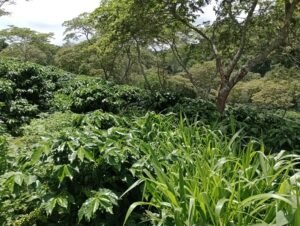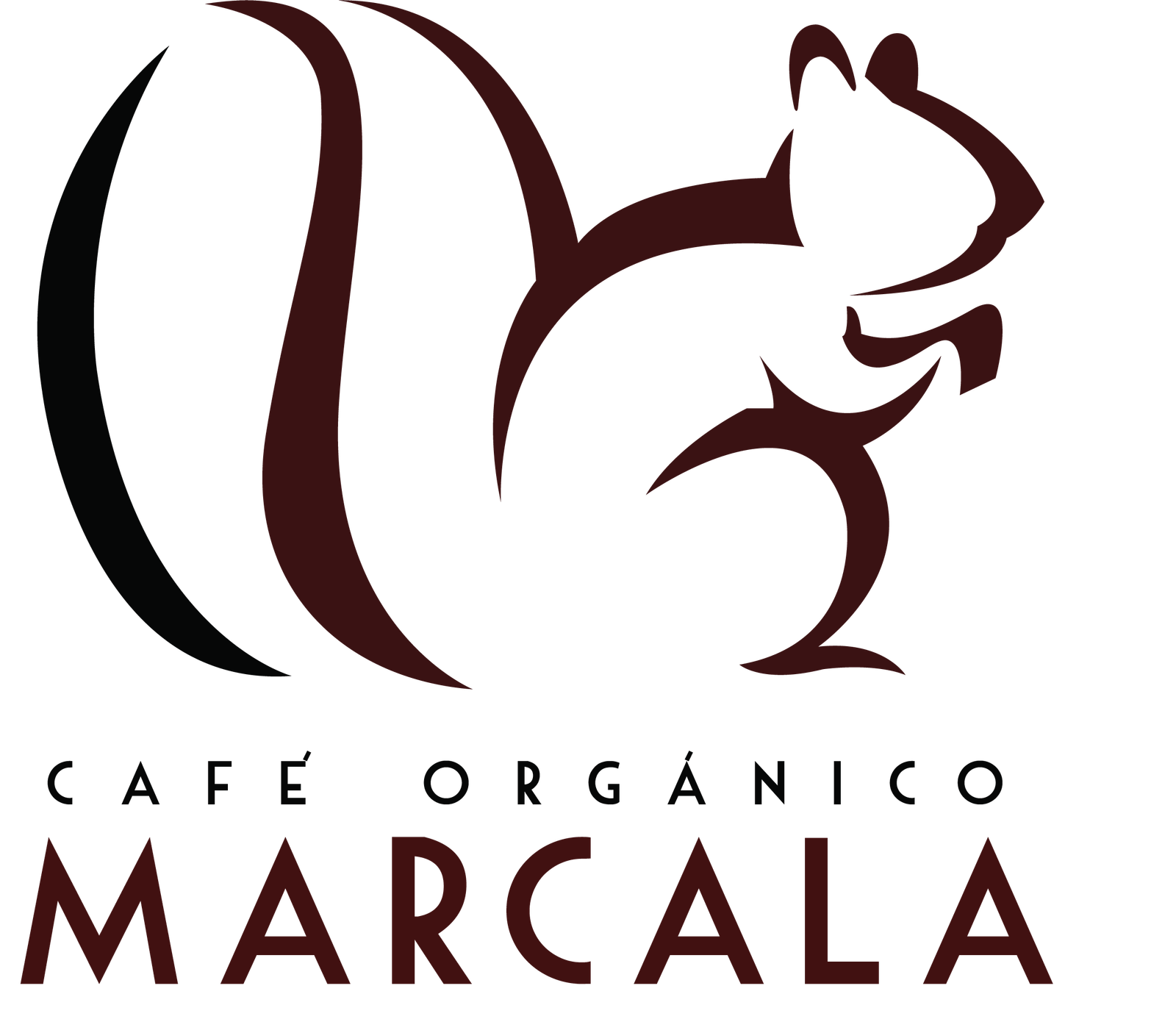1. Business Description
Organic Coffee Marcala SA – COMSA – is a company of the type of corporation founded in 2001 and located in the municipality of Marcala, department of La Paz, Honduras. The company is dedicated to the purchase of coffee from its producer partners and other “clients”, processing it from the “cherry” state to “gold coffee” or roasted, and marketing it mainly internationally (gold coffee), but also nationally (roasted). Due to its historical process, COMSA arises with the proposal of organic production and has the characteristic of an associative company, where the more than 1,600 shareholder partners are the same local coffee producers and suppliers of COMSA. Due to their organically regenerated products, with various ecological practices, these producers receive a higher value for their product, in addition to gaining a variety of benefits, such as biological inputs, training, technical assistance, scholarships for their families, among others.

COMSA also has a wide variety of labels, including organic, Fair Trade, “women’s hands,” and bird friendly, which allows its products to be placed at a good market price in Europe and the United States. Not all of COMSA’s production or producers are organic, however, more than 1,000 use this type of management and add up to more than 4,000 hectares under certification. The company was formally founded in 2001, with the aim of providing better economic and development opportunities to local producers, and as a differential, they decided to “innovate” at the time, producing organically. After a while, this approach evolved naturally, so that COMSA currently has a very advanced discourse and practices in organic agriculture disseminated among its producers.

COMSA also owns other affiliated companies and is the majority shareholder of: the bio-input and fertilizer production center, the Hotel de la Finca La Fortaleza, COMSA International School, the waste recycling company Prostestenibles SA and BANCOMSA (credit and savings bank).
2. Production systems
COMSA's business is based on the processing of coffee that its producer partners sell to it. In this sense, although COMSA encourages and trains in different production practices, production as such is not part of the company's business. Finca La Fortaleza has an area of biodynamic coffee, but at the moment it is not under productive management, so COMSA does not currently have a coffee production area. The size of the farms can also vary greatly. The average farm area is 5 ha, and the productive area is about 3.5 to 4 hectares.

In general, the production of coffee purchased by COMSA is carried out in agroforestry systems, with coffee combined with banana, timber trees such as gravillea (Gravillea robusta), Indian cedar and laurel, service trees such as guaba (Inga sp.) and fruit trees such as citrus, avocado, among others. In addition to agroforestry systems, it is mentioned that some producers have productive plots of monoculture for vegetables or basic grains.
COMSA encourages active reforestation, where trees are planted in the area every year to maintain a correct ecosystem balance. There are even producers who have natural reserve areas where they do not plant and only conserve the forest. They also strongly promote soil conservation practices, such as soil cover, erosion barriers, no tillage and use of hoe, incorporation of OM, mountain microorganisms and minerals. They say that most of their producers are already convinced of the importance of these practices and use them regularly.
5. Main challenges
The company's main challenges are associated with the difficulty of promoting changes in the way of thinking of producing people. Also They mention that farms have difficulties in obtaining labor. Currently, there has been a lot of migration of people to the United States, which has an impact when it comes to hiring personnel.











